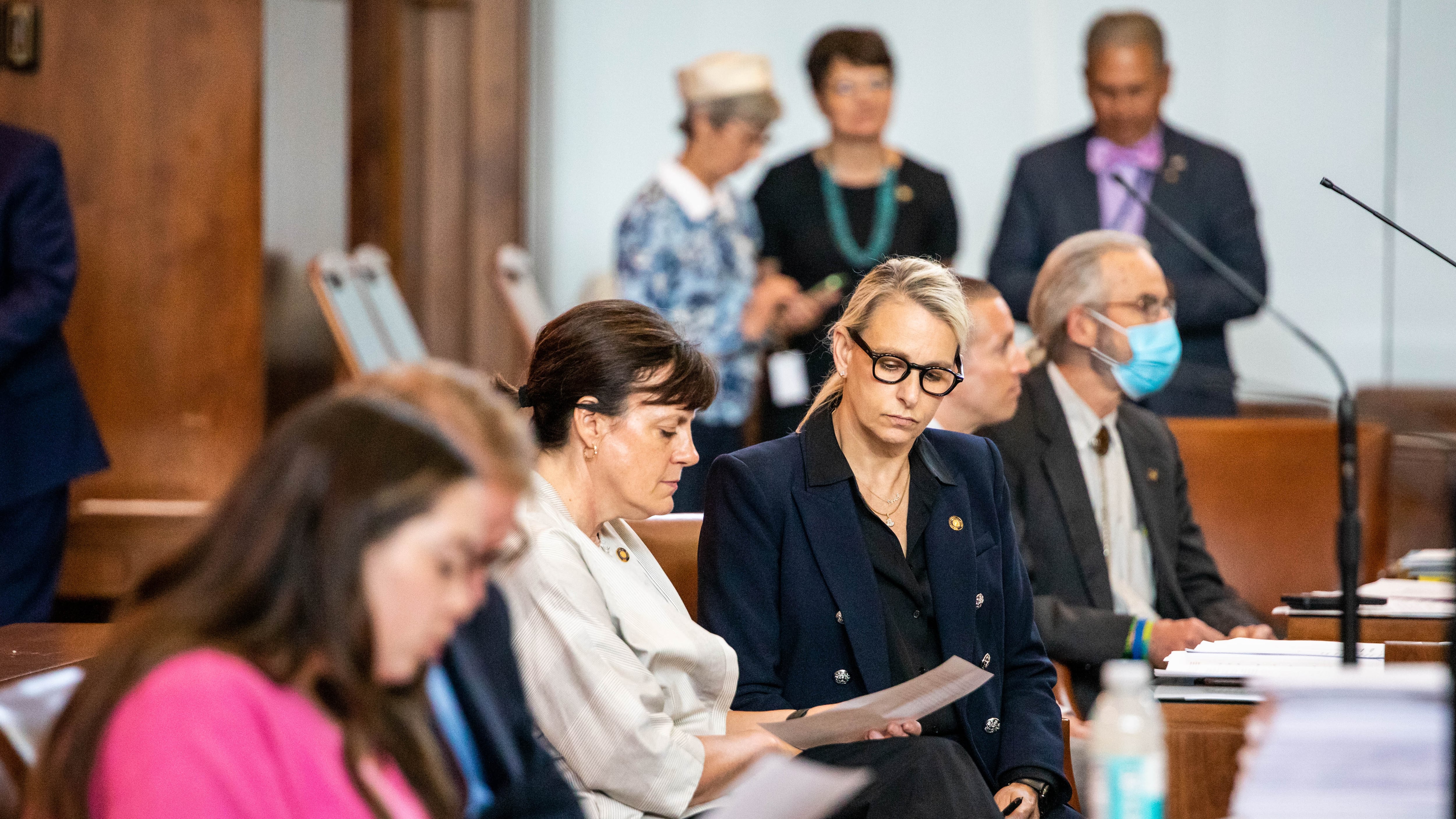An amendment posted late Monday night to an Oregon Senate bill seeks to end Multnomah County’s Preschool for All program.
Under the terms of the amendment, the county would not collect the controversial income tax for 2025 and would phase out the program by June 2027, using existing reserves to pay for its final two years.
The amendment to a previously anodyne bill would bar Multnomah County from imposing an income tax whose proceeds “are to be used for the purpose of providing preschool or early childhood learning services that are not in alignment, as determined by the Department of Early Learning and Care, with the standards and criteria required of state preschool or early learning programs.”
The amendment only applies to counties with more than 700,000 people—of which Oregon has but one—Multnomah—so the bill is narrowly written to preempt only one program: Preschool for All.
The amendment was requested by the Senate Committee on Finance and Revenue; no lawmaker’s name is attached. But people familiar with the matter tell WW that three lawmakers are closely involved with the amendment’s crafting: Sen. Kate Lieber (D-Portland), co-chair of the Joint Ways and Means Committee; Sen. Kathleen Taylor (D-Portland); and the chair of the Senate Committee on Finance and Revenue, where the bill currently sits, Sen. Mark Meek (D-Gladstone).
It is also very likely that Gov. Tina Kotek knows exactly what the amendment contains.
After all, it comes in the last week of the Oregon legislative session, amid back-and-forth between Kotek and Multnomah County Chair Jessica Vega Pederson on the economic consequences of the universal preschool program. Kotek argues that it’s driving high earners out of Multnomah County, which she says could have downstream consequences. The county says more people are paying the tax, though they are in lower tax brackets. The amendment also calls on Kotek to negotiate an intergovernmental agreement with the board of County Commissioners to wind down PFA by June 30, 2027.
The program, which voters passed in November 2020, aims to create universal preschool capacity in the county. It is funded by a marginal income tax (1.5% on income over $125,000 for single filers or $200,000 for joint filers, and an additional 1.5% on income over $250,000 for single filers or $400,000 for joint filers).
The PFA tax has hauled in much more revenue than county officials anticipated (more than half a billion dollars in three years), and those proceeds are contributing to significant underspending. Critics, including Kotek, believe the tax has become a disincentive for high-income earners to live or work in Multnomah County.
The amendment confirms insiders’ suspicions that lawmakers were eyeing Senate Bill 106, which previously called for a study of “the interdependence of the state and local tax systems in Oregon,” for a broader attempt to smother PFA.
The coalition that passed PFA was unconvinced that SB 106 was merely a study, alleging in emails to supporters this week that a last-minute switch was in the works. Those suspicions were heightened on June 18 when an informational session for the bill in the Senate Committee on Finance and Revenue revolved around just one local tax: Preschool for All.
At that meeting, neither of the main presenters represented Multnomah County. Instead, state economist Carl Riccadonna told lawmakers that the economic outlook was bleak. Alyssa Chatterjee, Early Learning System Director at the Oregon Department of Early Learning and Care, gave a brief overview of how PFA compared to three statewide programs Oregon already offers; Employment Related Day Care, Preschool Promise, and Oregon Prenatal to Kindergarten. Multnomah County economist Jeff Renfro was present on Zoom to answer questions but did not make a presentation.
Senators who attended the meeting, on the whole, expressed their concerns about the PFA tax. Meek, the committee chair, said the PFA tax felt like a duplication of efforts when the state already provided comparable services.
Another glaring difference that caught one senator’s eye: The difference between PFA and the three programs is that the state’s programs are available only to lower-income families. (County auditor Jennifer McGuirk recently sparred with Vega Pederson over a recommendation in her audit that the county verify applicant income with documentation.)
“Is it a good idea to have what is more or less the same program?” asked Taylor, a member of the committee. “I personally will admit my bias; I like things that are means-tested.”
SB 106 is scheduled for a work session at 1 pm on Tuesday in the Senate Committee on Finance and Revenue.

